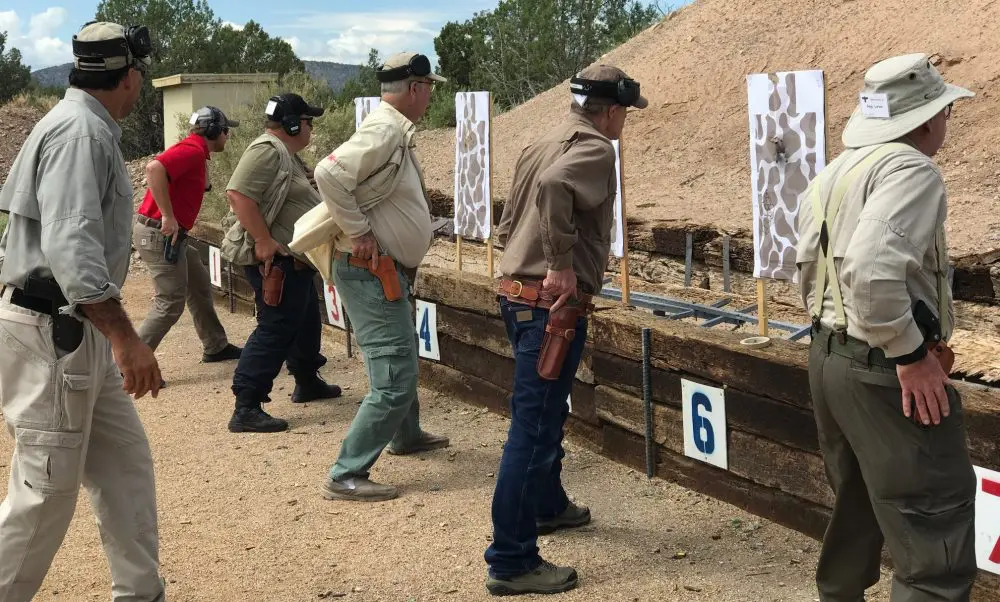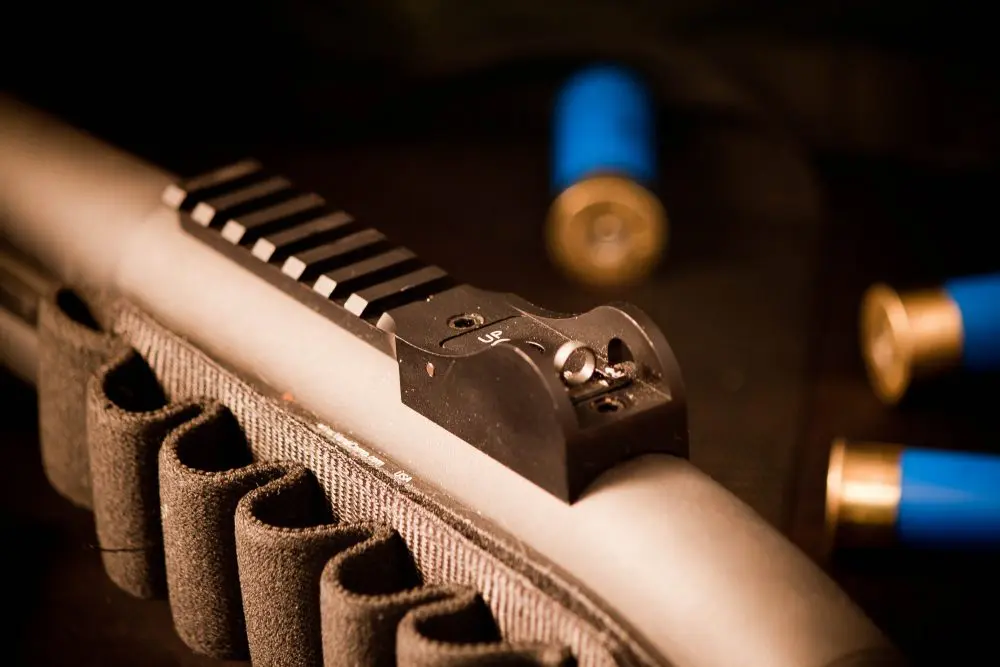At the time of this writing, in the aftermath of the Orlando, Florida nightclub massacre carried out by an Islamic extremist with a semi-automatic detachable magazine-fed rifle, the gun-ban zealots’ passion for forcible citizen disarmament is at a fever pitch not seen in decades, if ever.
Pundits in numbers never before seen are openly calling for the repeal of the Second Amendment. Even now, that would appear to be a very long way off, but gun-rights advocates cannot afford to take much comfort from that. The Second Amendment’s protection of the fundamental human right of the individual to keep and bear arms is only as good as its enforcement, and historically, there has been little apparent appetite for that enforcement, whether by any of the three branches of government or by the people ourselves.
The focus of much of Congress’ debate about which infringement to impose on that which shall not be infringed is on empowering the government to block gun sales to “suspected terrorists,” without a conviction, without an indictment—without even an arrest or formal charges.
Just being named on the government’s secret, unaccountable “watch list” assembled by unelected government officials would be enough. Keep in mind that many advocates of “gun control” enjoy referring to the NRA and other gun-rights advocates as “terrorists,” and if the officials charged with assembling the list agree, there would seem to be little to stop them.
Because the terrorist in the Orlando attack had once been on the FBI’s radar as a possible terrorist, some are blaming the lack of such a law for the fact that he was able to equip himself for his jihadist atrocity. One problem with that reasoning is that the FBI had eventually lost interest in the future killer and dropped him from the list.
That prompted Congressional gun-ban zealots to “improve” the legislation by applying the gun sales ban to anyone who had ever been on the list within the last five years, even if he had been removed from it by the time of the attempted gun purchase.
Excuse me?
A person no longer considered dangerous enough to be subjected to FBI scrutiny is still considered too dangerous to exercise a fundamental, Constitutionally guaranteed human right? But only for five years? What happens then? He’s suddenly a good guy, merely by virtue of the passage of time?
But for most of the hardcore forcible disarmament advocates (and really, can there be such a thing as a “moderate” forcible citizen disarmament advocate?), a “suspected terrorist” gun purchase ban is merely a tasty appetizer. The main entrée for their eagerly awaited feast of tyrants would be a ban on so-called “assault weapons” and “high capacity” magazines.
And they don’t intend to repeat the mistakes of 1994. This ban would be far more expansive, in an attempt to thwart gun manufacturers who would like to offer buyers a rifle nearly as capable as the newly banned models, but in compliance with the new laws—and there certainly would be no “sunset” provision, causing the law to dry up and blow away after ten years unless Congress renews it. But some believe even that does not go far enough.
David Yassky, who served as chief counsel to the U.S. House Subcommittee on Crime when the federal “assault weapon” ban was passed in 1994, told the Huffington Post back in June what he wishes that law had featured:
“In the original 1994 bill, owners were allowed to keep their assault weapons. In retrospect, I would prefer to have treated existing assault weapons the way machine guns are treated now: you’d have to go and get a license for the weapon you own. Companies would not be able to make or sell new ones, and the ones that are out there would have to be registered with law enforcement.”
Yassky doesn’t bother to mention the fact that these licenses are not easy to get. And for those “assault weapon” owners who cannot get the government to sign their permission slips? Prepare for the confiscation raids.
It’s no accident that the volume and intensity of the “gun control” rhetoric is greater than it has ever been. It’s also not necessarily the case that people find this particular massacre to be more of an outrage than any that came before it.
In 2013, a gun control “playbook” written by Democrat-affiliated political operatives was brought to light. In it, readers are urged to exploit every such massacre for every inch of political mileage they can get out of it, and to deliberately avoid facts and logic but focus instead on pure emotion.
The gun prohibitionists have clearly embraced that strategy, and they get better at it with every high-profile mass shooting. They are now successfully leveraging public outrage over these shootings to exert real political pressure—more each time than the one before.
At this rate, it is not difficult to imagine a point at which even pro-rights politicians are faced with a stark choice—they can either sell out the Constitution and their constituents’ rights, or be voted out of office in favor of someone who will do so more eagerly.
At some point, in other words, we may be one more massacre away from an “assault weapons” ban more draconian than we have ever before seen.
A former paratrooper, Kurt Hofmann was paralyzed in a car accident in 2002. The helplessness inherent to confinement to a wheelchair prompted him to explore armed self-defense, only to discover that Illinois denied that right. This inspired him to become active in gun rights advocacy.






